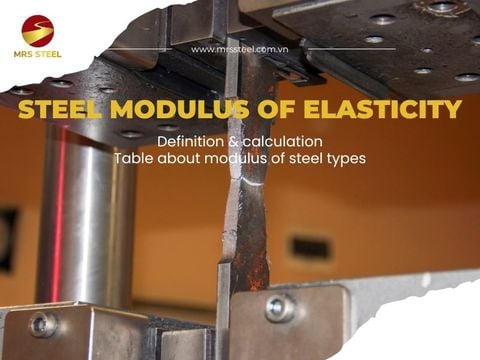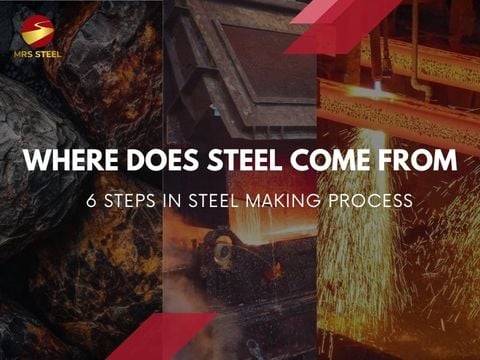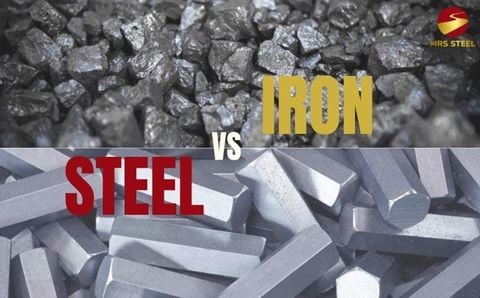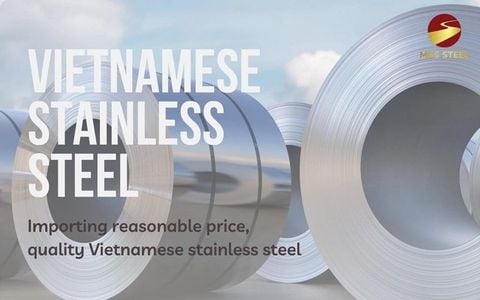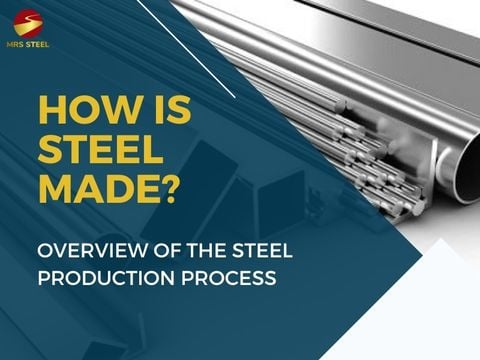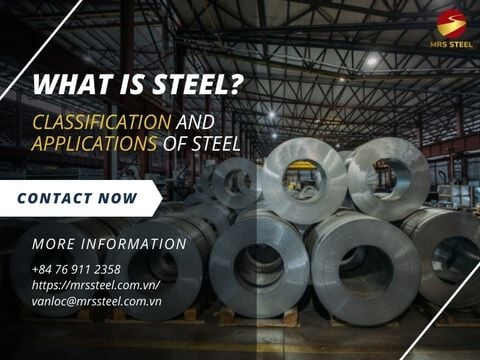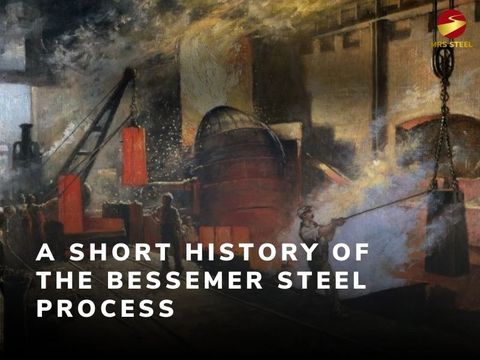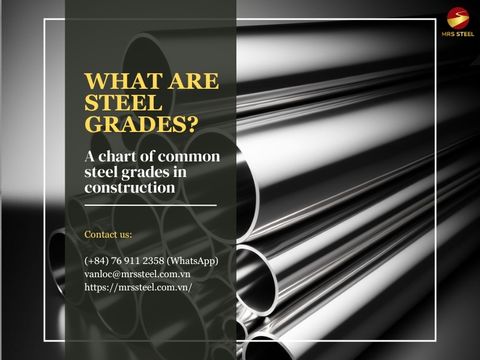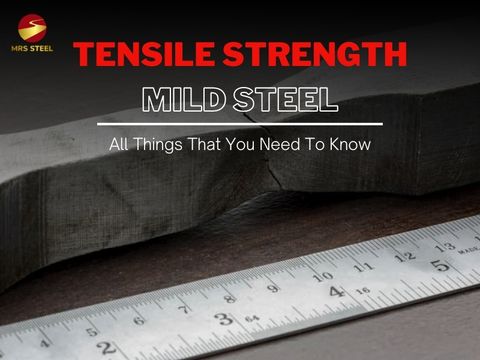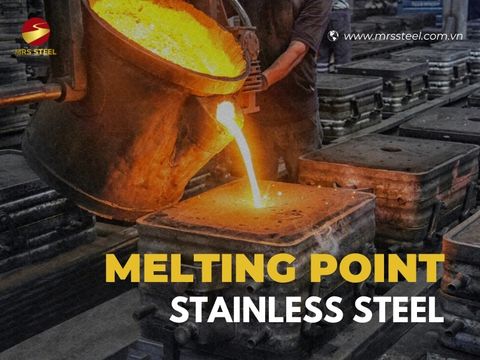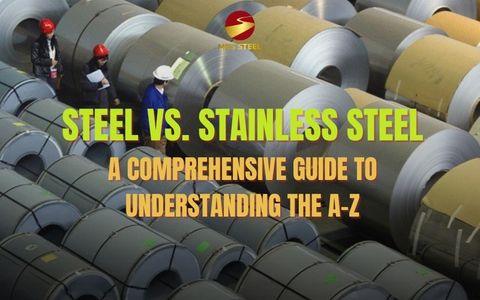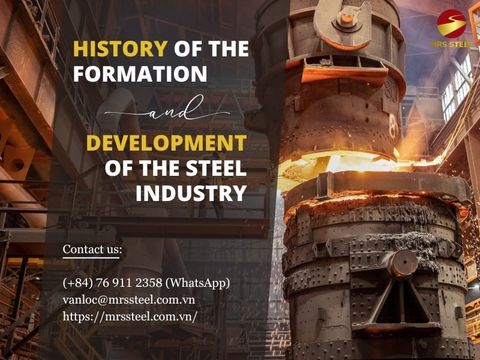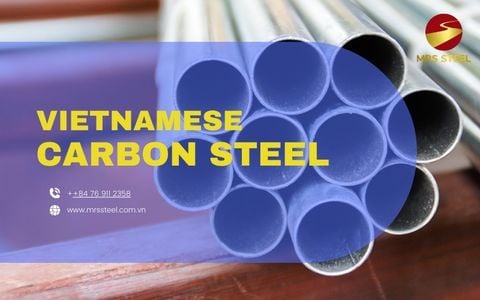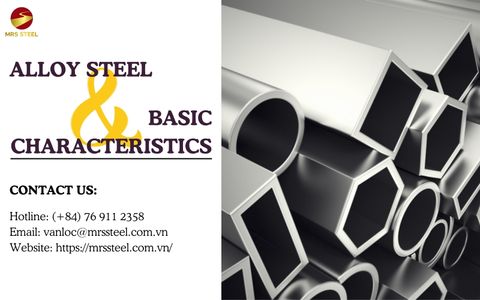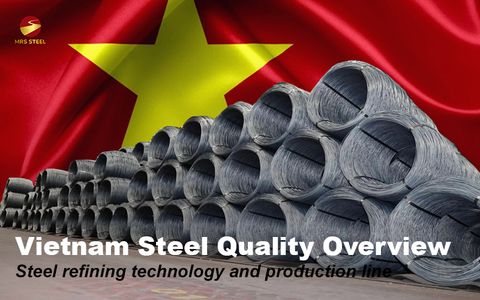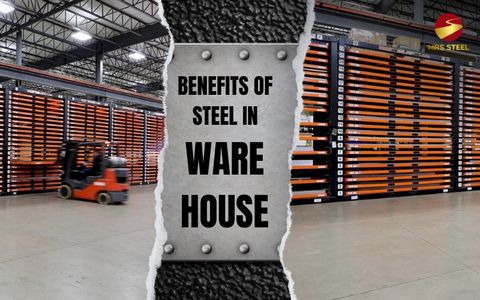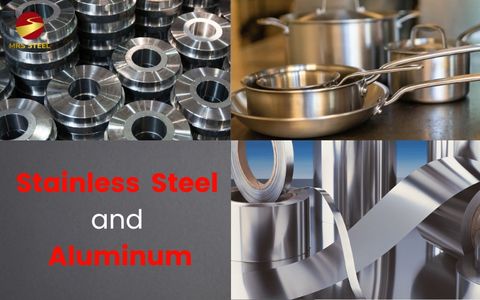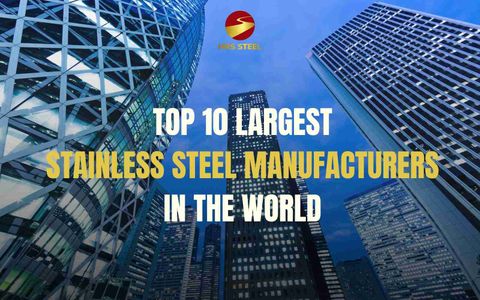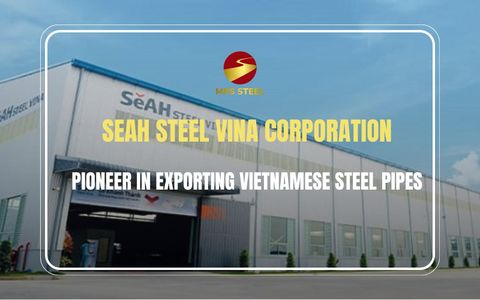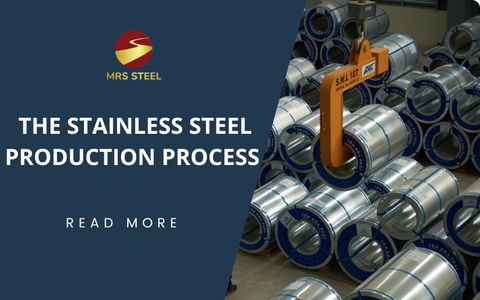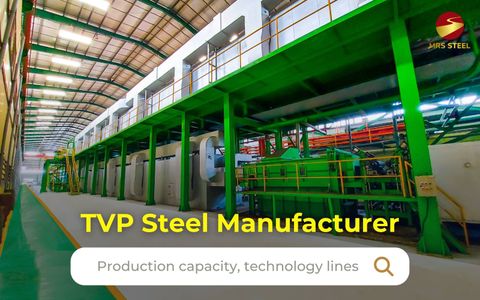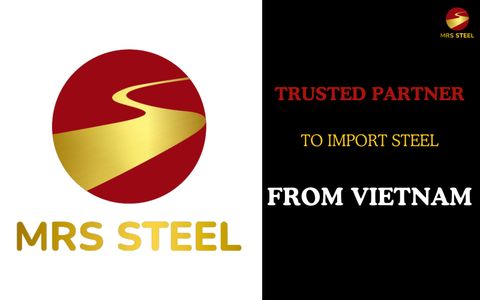What is CO/MTC? Why does the steel business need CO/MTC?

BlogDate: 27-06-2023 by: Nhu Quynh
What is CO/MTC? You have heard a lot about CO and MTC in contracts for the sale of goods, but do you really understand these two types of certification? This article by MRS Steel will help you better understand CO/MTC and its effects on commodity trading.
1. What is CO/MTC?
CO (Certificate of Origin) is a certificate of origin indicating the origin of goods produced in a particular territory or country. Therefore, the purpose of CO is to prove that goods have an explicit and lawful origin in terms of tariffs and other law provisions on import and export.
MTC (Mill Test Certificate) is a factory test certificate or factory test report issued by a manufacturer to certify a product's chemical and mechanical properties of a product and its compliance with standards and regulations, and current specifications.
The ownership of CO/MTC is a very important and popular certification in the steel industry. Thanks to them, customers can prove the product's origin, which country standard the product is manufactured under, and whether the products conform to the standard so they can make the right choices for their projects.
2. The role of CO/MTC
2.1. CO (Certificate of Origin)
The most crucial role of the CO is to certify the origin of the goods. This can help the manufacturer prove the product has a clear origin.
Trade statistics and maintaining quota systems: Once the origin is established, it will be easier to make trade statistics for a country so that the trading agency can maintain statistics on import and export quotas. goods import
Anti-dumping duties and subsidies will become more feasible if the product's origin is known. This lets the importer know whether the goods are entitled to special incentives.

2.2. MTC (Mill Test Certificate)
One of the most critical roles of the MTC is to demonstrate that products conform to published standards. The MTC is a quality assurance document sent from factories to their customers. These certificates describe the product's alloy, temperature, thickness, width, finish, and, more importantly, whether the metal product complies with international standards. Most MTC certifications must conform to the EN 10204 standard.

Mill Test Certificate issued by manufacturer Ton Dong A
3. Why does the steel business need a CO/MTC?
CO/MTC is very necessary for each business unit; it is not only a condition for enterprises to export steel to foreign countries, but it is also proof to prove that steel products meet and meet quality standards.
- Create trust for customers: The fact that a steel business enterprise has full CO/MTC documents will ensure product quality regulations, prove that it is not a fake, and prove that the unit is not a fake. The manufacturer is responsible for the quality of such goods.
- It is a necessary condition to export steel: To export steel to other regions, it is necessary to first have sufficient certifications to decide whether the goods are qualified for import and export.
- Enjoy special preferences: CO/MTC will determine the origin of goods, from which preferential tax will be applied where that country has joined pre-agreed trade agreements. It is also a document for the application of subsidies and anti-dumping laws. CO certification as a basis for planning how anti-dumping and countervailing laws are enforced.
4. Vietnamese steel is fully certified for CO/MTC
Steel products originating from Vietnam all have full CO/MTC certification. The fact that all Vietnamese products have CO and MTC helps Vietnamese steel gain a foothold in the world steel market. Vietnam is always committed to bringing high-quality steel products with the desire to bring sustainability to your work.
In order to receive CO/MTC certification, Vietnamese steel enterprises always focus on investing in modern machinery and equipment lines, regularly upgrading and improving the system. CO/MTC is a standard measure for products with the same design and function from competing manufacturers in the market. Based on this, consumers can compare and choose according to their needs.




















